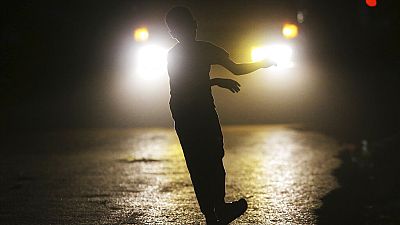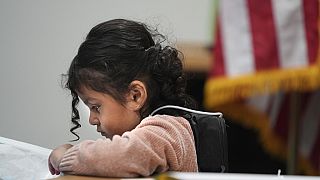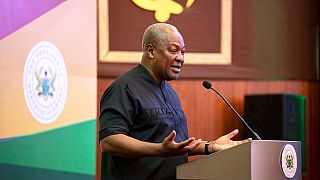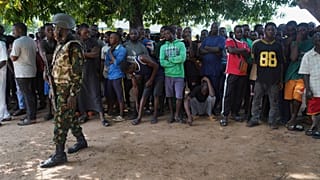Ghana
A 14-year-old British boy taken to Ghana by his parents against his will has won a significant legal battle after the UK Court of Appeal overturned a previous High Court ruling that had allowed him to remain in the West African country.
The teenager, raised in London, was sent to Ghana under the pretext of visiting a sick relative. Upon arrival, he discovered he had been enrolled in a boarding school and would not be returning home.
His parents said the move was driven by fears over his safety, citing concerning behaviour including images of knives on his phone and unexplained cash, signs they believed indicated early gang involvement.
In February 2024, the High Court ruled that while the boy had been misled, his parents’ actions were lawful under their parental rights and in his best interests. Justice Hayden said returning the boy to the UK could expose him to greater risks, despite acknowledging the psychological toll of the relocation.
However, the Court of Appeal overturned that decision on June 12, 2025.
Lord Justice McFarlane ruled that the initial judgment failed to adequately consider the boy’s emotional well-being and his right to be heard.
The court reinstated wardship, placing the boy under temporary legal protection of the UK court, and ordered the case to be reheard by a different High Court judge.
The teenager described his experience in Ghana as “living in hell” and said he wanted to return to the UK to complete his GCSEs, even if that meant entering foster care. His statements were seen by the court as evidence of maturity and a clear desire for self-determination.
While the parents maintained they acted out of concern for their son’s safety, citing behaviour aligned with UK gang recruitment indicators, the Court emphasised that children of secondary school age must have a say in decisions affecting their lives.
The case has reignited debate about the practice among diaspora families of sending children to relatives abroad for discipline or protection. Experts warn that such relocations, especially when done without consent, can lead to emotional trauma and human rights violations.














Go to video
Rwanda vs UK: The fallout from a scrapped migrant deal
Go to video
Senegalese actress Halima Gadji dies in France
Go to video
Egypt to restrict children’s social media use
Go to video
South African court clears sale of Nelson Mandela artefacts
01:00
Fifa pass launches to help fans travel to US for 2026 World Cup
Go to video
TikTok finalizes a deal to form a new American entity